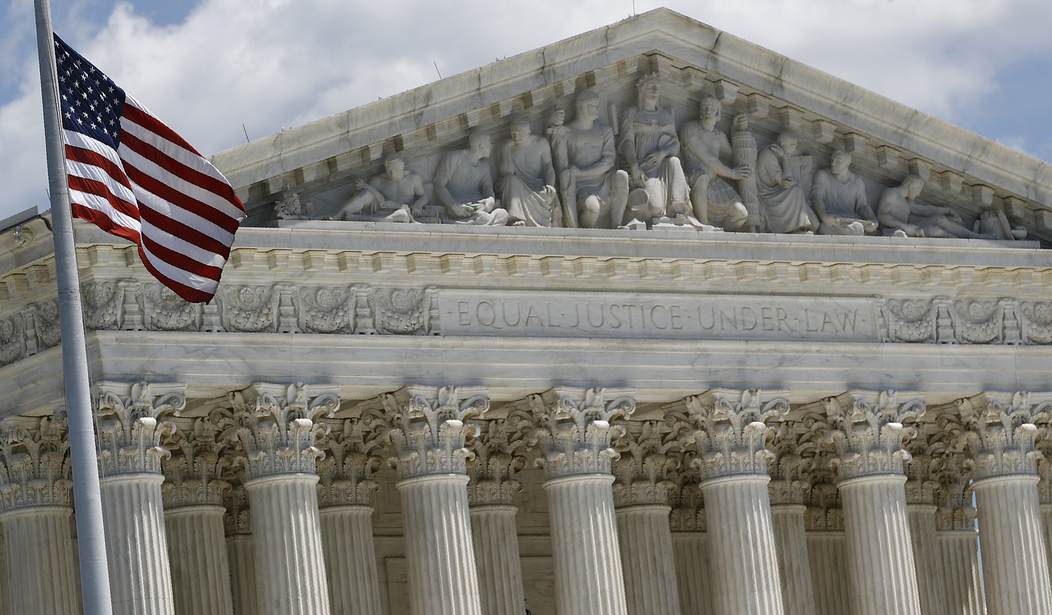On Thursday, the Supreme Court declined to review a federal appeals court ruling that allows the state of Florida to prevent felons from voting who haven't fully repaid their debt to society. Sonia Sotomayor, Elena Kagan, and Ruth Bader Ginsburg, fresh out of the hospital, dissented.
The Atlanta-based Court of Appeals ruling could allow Florida to strip the voting eligibility of up to 1 million felons who have not finished their criminal sentences, paid outstanding fines, restitution for their crimes and other fees, The Hill reports. The decision is an impactful one with Florida's August primary and the general election just months away. The 11th U.S. Circuit Court of Appeals is continuing to consider the matter.
In 2018, an amendment to Florida's constitution restoring voting eligibility to convicted felons who had completed "all terms" of their criminal sentences has sparked legal challenges. The state legislature and Florida Supreme Court took the amendment to mean the repayment of all court-imposed costs before felons regain their voting eligibility.
The ballot initiative amending the Florida constitution, which was expected to allow approximately 1.4 million convicted felons who have completed all terms of their criminal sentences to regain their voter eligibility, was approved by nearly two-thirds of Floridians in 2018. The measure excluded felons convicted of murder and sex crimes.
Recommended
"This Court's order prevents thousands of otherwise eligible voters from participating in Florida's primary election simply because they are poor," Justice Sotomayor wrote in her dissent.
Note to Sotomayor: Crime doesn't pay.

























Join the conversation as a VIP Member